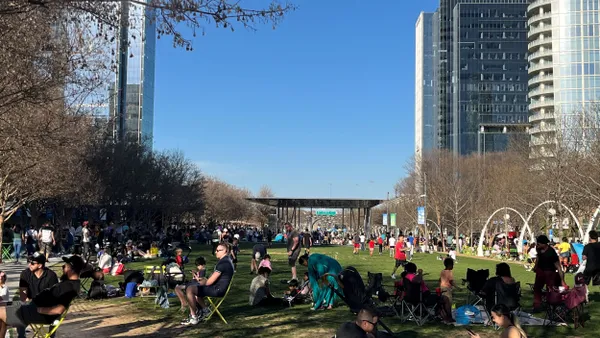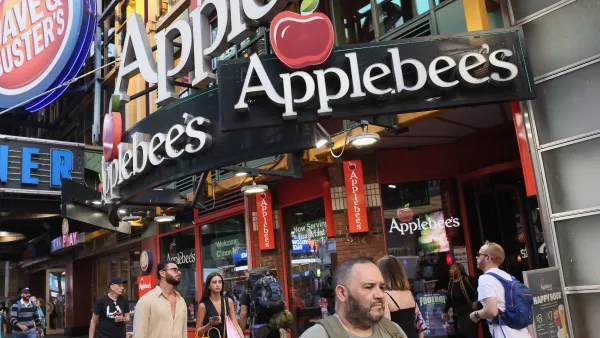Owners will have an easier time complying with Denver’s building performance standards thanks to changes the city approved April 1.
Originally implemented in 2021, the city’s Energize Denver Building Performance Policy regulations have drawn criticism from businesses and building owners who say that policies forcing a switch from natural gas to full electrification violate federal law, Colorado Politics reported in March.
Denver’s Office of Climate Action, Sustainability and Resiliency adopted new rules for the policy, which sets energy-saving targets for buildings 25,000 square feet and above, that it says will give building owners more flexibility in meeting the requirements.
The change comes after Denver solicited public input and pushed compliance deadlines further into the future, with new interim and final target deadlines extended to 2028 and 2032, respectively, the city says on its website. Buildings can also extend their compliance beyond 2032 by developing a long-term plan. The changes include creating a new option for buildings to place a two-year hold on compliance due to short-term circumstances like vacancy or financial distress, the city says.
“We wanted to provide flexible and feasible compliance paths to align with business needs and capital cycles,” Sharon Jaye, Energize Denver policy manager for Denver’s Office of Climate Action, Sustainability and Resilience, said Monday at a virtual briefing on the final rules adoption. “We want to ensure buildings remain competitive, energy efficient and adaptable for the long term, and then expand that business support to make sure that you have the rebates, compliance tools and expert assistance to guide businesses through the process.”
Buildings are also no longer required to submit an electrification feasibility report as part of a timeline extension request, the city of Denver says. Instead, electrification has been switched from a “credit to an incentive,” Jaye said. “If 80% or more of your energy use comes from electric sources, then you would get a 10% bonus on your energy efficiency target,” she said.
Other notable changes include what the city calls HVAC system flexibility — if equipment has exceeded 50% of its useful life, owners can receive flexibility in replacement timing while still meeting efficiency targets — as well as practical energy target reductions, meaning no building will be required to reduce its energy usage by more than 42%.
Penalty rates are also being cut in half by reducing rates and the number of compliance deadlines, with no performance penalties levied until late 2029, the city says. In addition, it is adding incentives for projects including adaptive reuse projects and decarbonized thermal networks, and it added renewable credit options for off-site solar investments that can now be located anywhere in Colorado, according to the city.
To help meet the ordinance’s requirements, the city provides funding that can offset some of the cost of an energy audit to identify energy efficiency improvements, according to Jaye.
For certain equity priority buildings, such as nonprofits or human services providers, Denver has an Equity Priority Building Compliance Assistance Program that provides one-on-one coaching and office hours to help with benchmarking, support and data submission, Jaye said.













